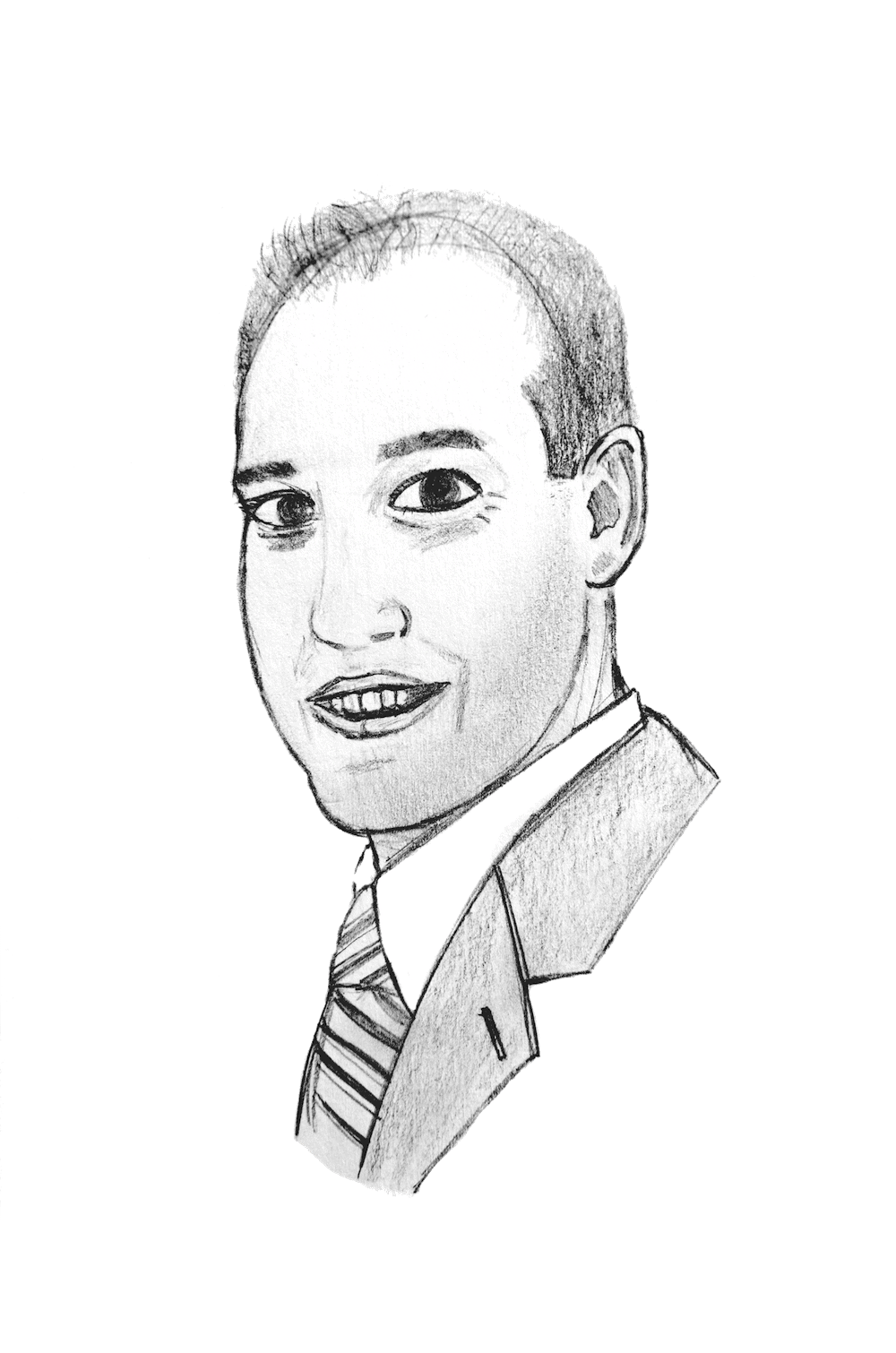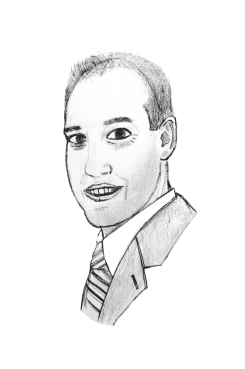Can you imagine going to a store and being able to buy solar cells rolled up in plastic sheets? Without the field of organic material electronics, that would be impossible. Professor Dwight Seferos, part of U of T chemistry’s faculty since 2009, has devoted himself to tackling these and other important challenges.
THE VARSITY
What inspired you to be a chemist?
DWIGHT SEFEROS
I love building things, especially things that are new. Chemists are molecular engineers. I have the privilege to be able to build molecules every day that I hypothesize will be better than those that were built previously or those that occur in nature.
THE VARSITY
What is the most challenging aspect of your job?
DWIGHT SEFEROS
Multitasking. A university professor must teach at the undergraduate and graduate level, conduct science at the leading edge of their field, recruit and manage a team of researchers, apply for and obtain funding, grants and awards, publish papers, present papers at national and international conferences, and critique work from peers — and the list goes on. So we work nights, weekends, whatever it takes. But I love what I do, so it is hard to complain.
THE VARSITY
What is the most exciting part of your job?
DWIGHT SEFEROS
Discovery. I have the privilege to test hypotheses that have never been tested before. I love coming to work every morning in anticipation of what we might discover that day.
THE VARSITY
What are some of the goals of your research?
DWIGHT SEFEROS
Carbon-neutral energy. This is the biggest challenge of the century because it impacts every living organism on the planet. My team of extremely talented students is developing technologies that are carbon neutral sources of electricity and technologies that reduce energy requirements. We also conduct a significant amount of fundamental chemical research, including studying the reactivity of new molecules, and determining how molecules assemble into nanomaterials and solids.
THE VARSITY
What do you think is the future of organic materials chemistry in terms of its real-world applications?
DWIGHT SEFEROS
Solar cells, light sources, and displays. Imagine a coating on your roof that converts sunlight into electricity that you can buy by the bucket. An electroluminescent ceiling point that generates a warm glow and uses one per cent of the electricity of a light bulb. A paper-thin bus/train/plane ticket that updates continuously with boarding times and gate changes. Going to the supermarket and having your entire shopping cart tallied and totaled by radio frequency in less than a second. These are just a few of the applications for organic materials.
THE VARSITY
Any advice for prospective grad students?
DWIGHT SEFEROS
Work hard and work smart. The world is extremely competitive. To achieve the same status as your parents, mentors, and teachers, you need to be twice as good, twice as fast, and twice as lucky. Everyone values a strong work ethic. A strong work ethic will set the stage for your success.
THE VARSITY
What are some challenges in teaching chemistry at the undergraduate (and graduate) level, and how do you overcome them?
DWIGHT SEFEROS
Inspiring students to become enthralled with chemical research. We all get the same first year university chemistry textbook. But there are three dozen, or more, unwritten textbooks pertaining to chemical science. This is the frontier of knowledge. This knowledge needs to be discovered, hopefully by one of U of T’s fantastic students — a future Nobel Laureate.



